The backroom battle between industry, Ottawa and environmentalists over plastics regulation
Canada's $28-billion plastics industry has always resisted efforts to curtail production. But with the federal government looking to classify plastic as toxic, the pushback has grown even greater.
Part of a Canada's National Observer investigation

When elementary school students showed up at Victoria city council meetings asking for a ban on plastic bags, the B.C. city’s mayor, Lisa Helps, knew it was time to listen.
“The ban started with (the) students,” Helps says. “But then we spent a good couple years working with our business community … it was everyone working together.”
Almost as soon as the ban took effect in 2018, the city was hit with a jurisdictional lawsuit by the Canadian Plastic Bag Association, a lobby group that later merged into the Chemistry Industry Association of Canada's plastics division. The lawsuit fizzled when the provincial government changed B.C. law to allow municipalities to control waste and local environmental issues. But the case was indicative of a decades-long effort by the plastics industry on both sides of the U.S.-Canada border to stop regulations that might cut into their bottom lines.
Most recently, the plastic war has played out behind the scenes in Ottawa. Industry lobbyists are trying to dissuade the federal government from listing plastic as “toxic” under Schedule 1 of the Canadian Environmental Protection Act (CEPA).
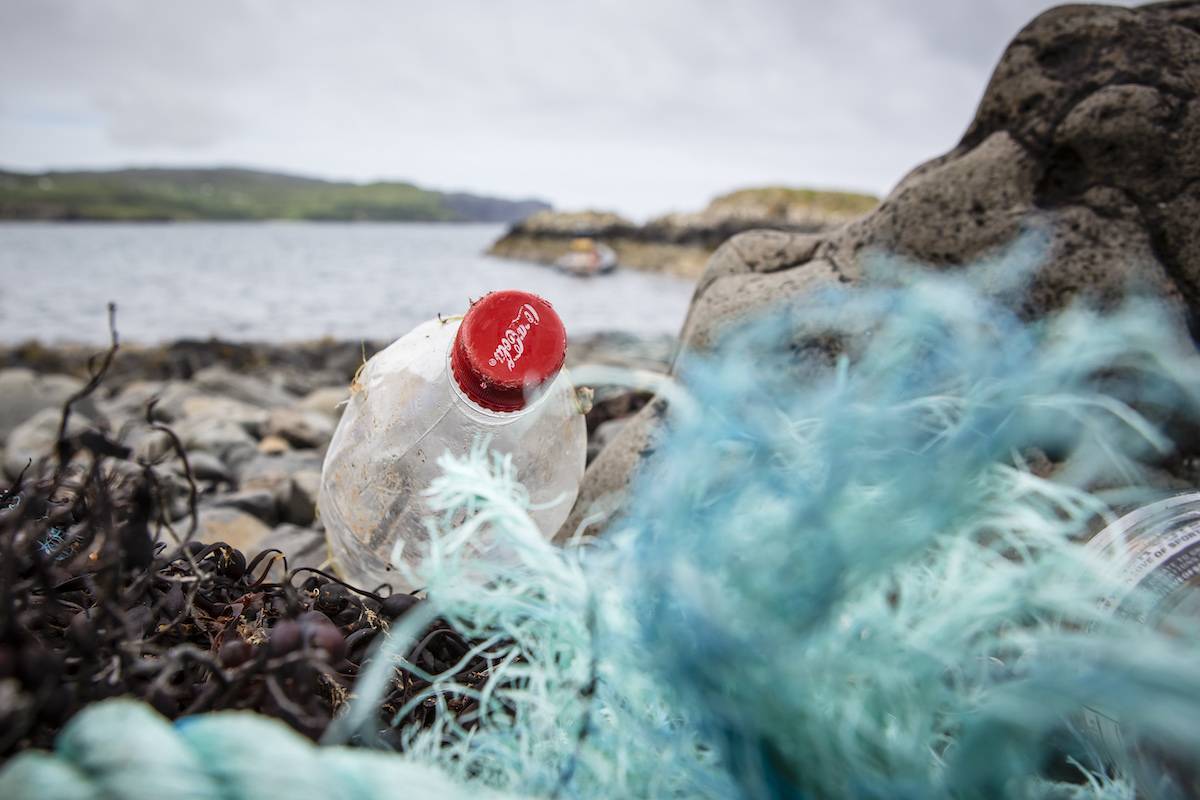
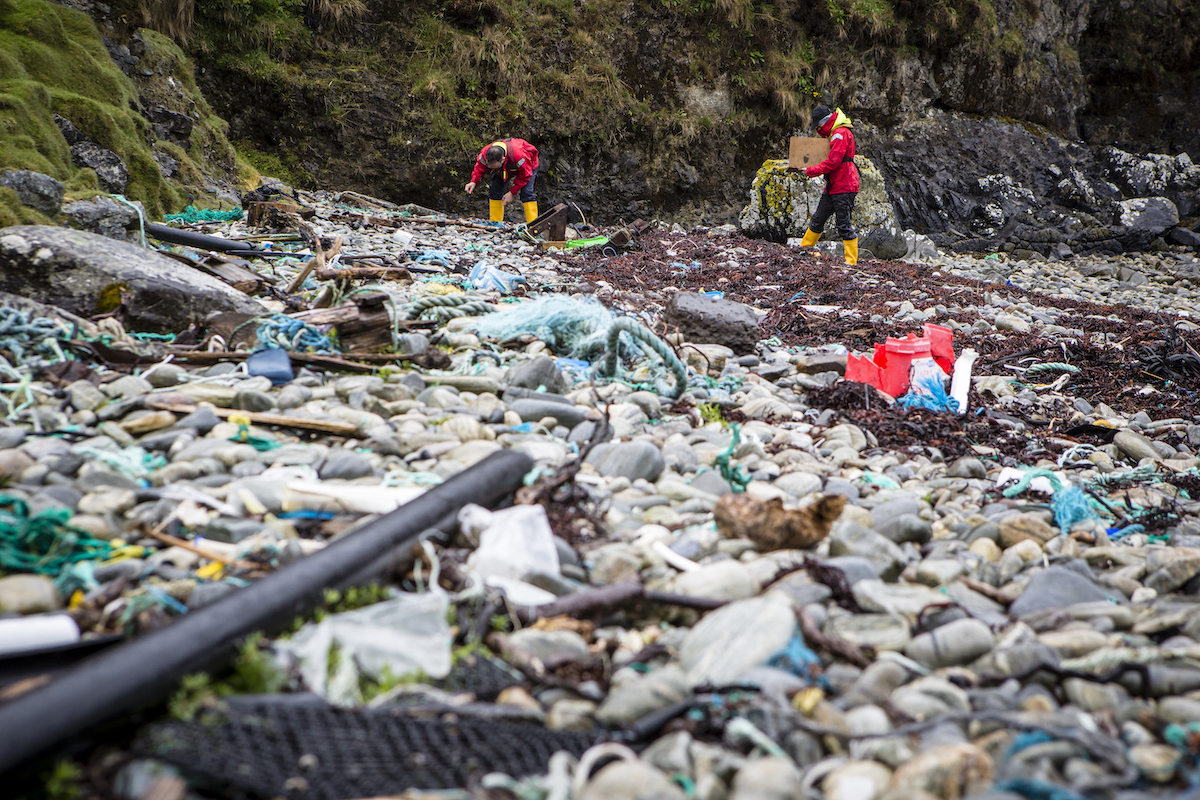
Left: A Coke bottle on a beach in Skye, Scotland. Right: Crew from the Beluga II survey a beach called Shell Inlet on the Isle of Lewis in the outer Hebrides. Photos by Will Rose / Greenpeace
To a layperson, the word toxic is associated with something poisonous and harmful to human health. However, under CEPA, it has a broader definition: A substance can be designated legally “toxic” if it harms either the environment and biodiversity, health or both.
From a regulatory perspective, the designation is an agile tool allowing Ottawa to ban some plastics or plastic products and control others. Without it, the federal government would struggle to enforce its proposed plastics management plan, first announced in October 2020.
Under the proposed rules, six hard-to-recycle, single-use plastic items will be banned, and the federal government and the provinces will be required to develop a national waste management plan. All plastic sold in Canada will also need to be made from at least 50 per cent recycled material by 2030.
The proposal has triggered intense lobbying from Canada’s $28-billion plastics industry, which objects to any efforts to curtail production. Industry representatives have met dozens of times with federal officials in the past six months, according to official lobbying records.
Even the U.S. plastics lobby — the countries are each other’s largest plastic trading partners — has jumped into the fray. In September, a coalition of giants in the American petrochemical, cosmetic, food and transportation sectors sent a letter to Mary Ng, minister of small business, export promotion and international trade. The letter, signed by 63 trade associations, decried the Canadian government’s plan and warned it could threaten about $15.4 billion in U.S. exports to Canada.
This kind of pressure happens all the time, says Stuart Trew, senior researcher for the Canadian Centre for Policy Alternatives, but nonetheless could have a bearing on the regulations' future.
The backlash intensifies
The strong backlash from the plastics industry on both sides of the border is "a good sign," explained Max Liboiron, professor of geography at Memorial University and an expert in plastic pollution.
It indicates Canada's planned regulations could pose a significant threat to the industry.
The plethora of tactics deployed by Canada’s plastics industry in recent years — lawsuits, PR campaigns, lobbying — are nothing new, said Liboiron. Petrochemical, tobacco, alcohol and dozens of other powerful industries have for decades pulled from this playbook to fight federal, regional and municipal regulations. Now, the pressure has reached a fever pitch.
There’s a lot at stake: Globally, oil and natural gas producers are banking on plastics to keep them afloat as the planet moves away from fossil fuels. The plastics industry is expected to account for between 45 per cent and 95 per cent of global growth in demand for oil and natural gas, a September analysis by the Carbon Tracker Initiative found.
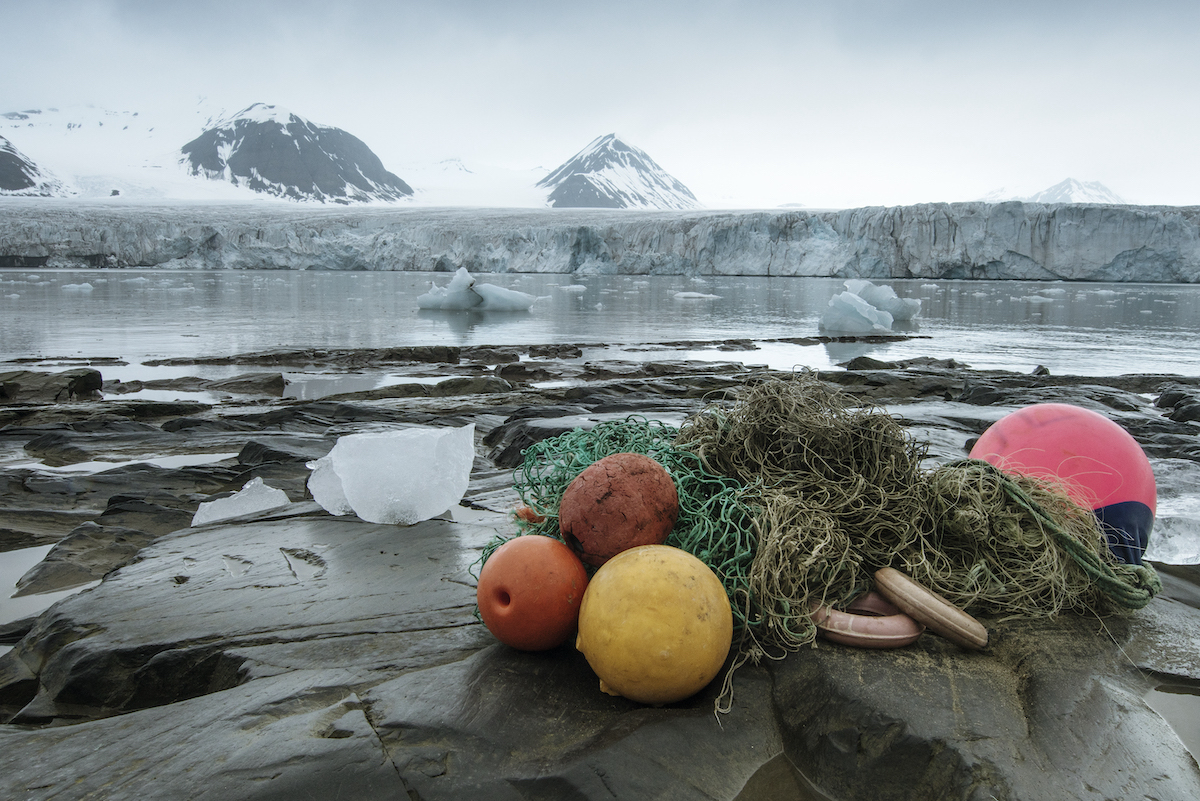
That growth will prove devastating as plastics cost society about $445 billion annually due to greenhouse gas emissions, health impacts, collection costs and ocean pollution, the report noted.
Since the late 1950s, when plastic use became widespread, the industry has enjoyed uninhibited growth. Except for two minor production slowdowns during the 1973 OPEC crisis and the 2008 financial crash, the global production of new plastic has increased exponentially. That trend continues today.
Meanwhile, plastic waste clogs oceans and kills millions of marine animals — well-documented impacts that alone justify the new rules, the government says.
Scientists are also increasingly concerned that microplastics — tiny plastic particles found everywhere on Earth generated through quotidian plastic use — harm animal and possibly human health and the environment. Plastic production, which relies on fossil fuels, also exacerbates the growing climate crisis.
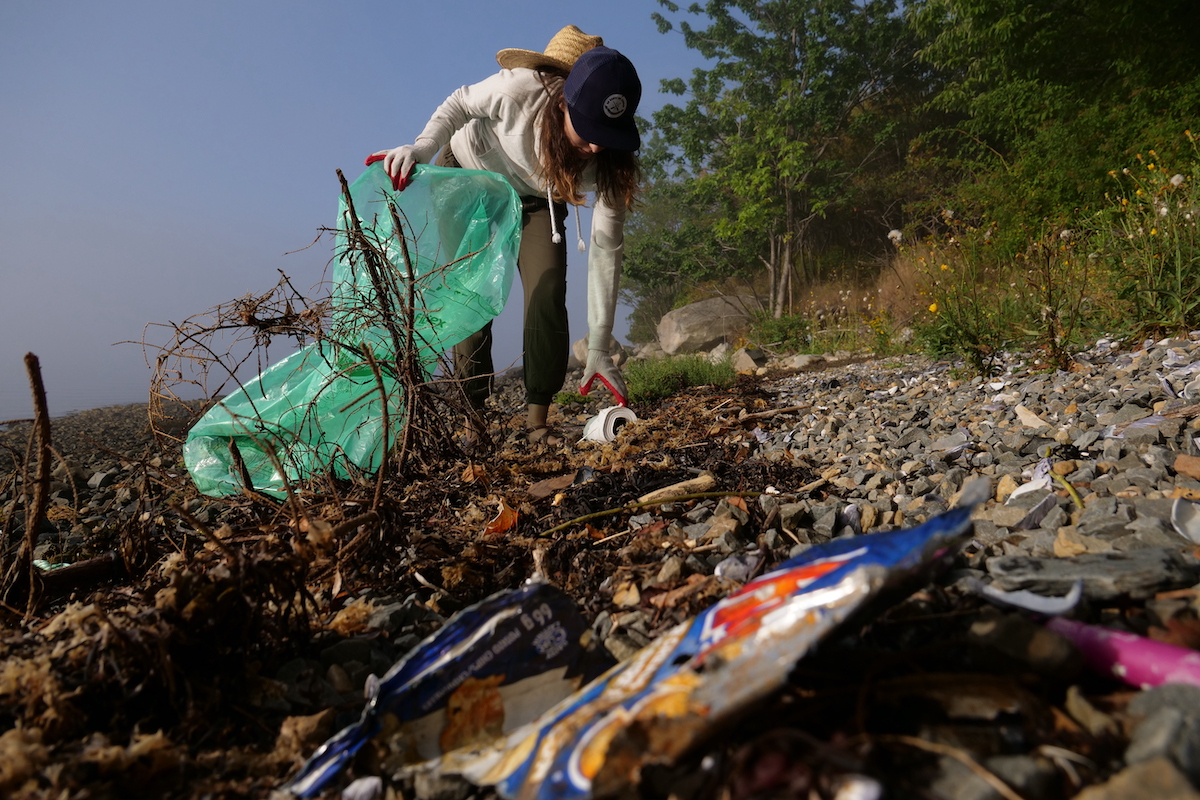
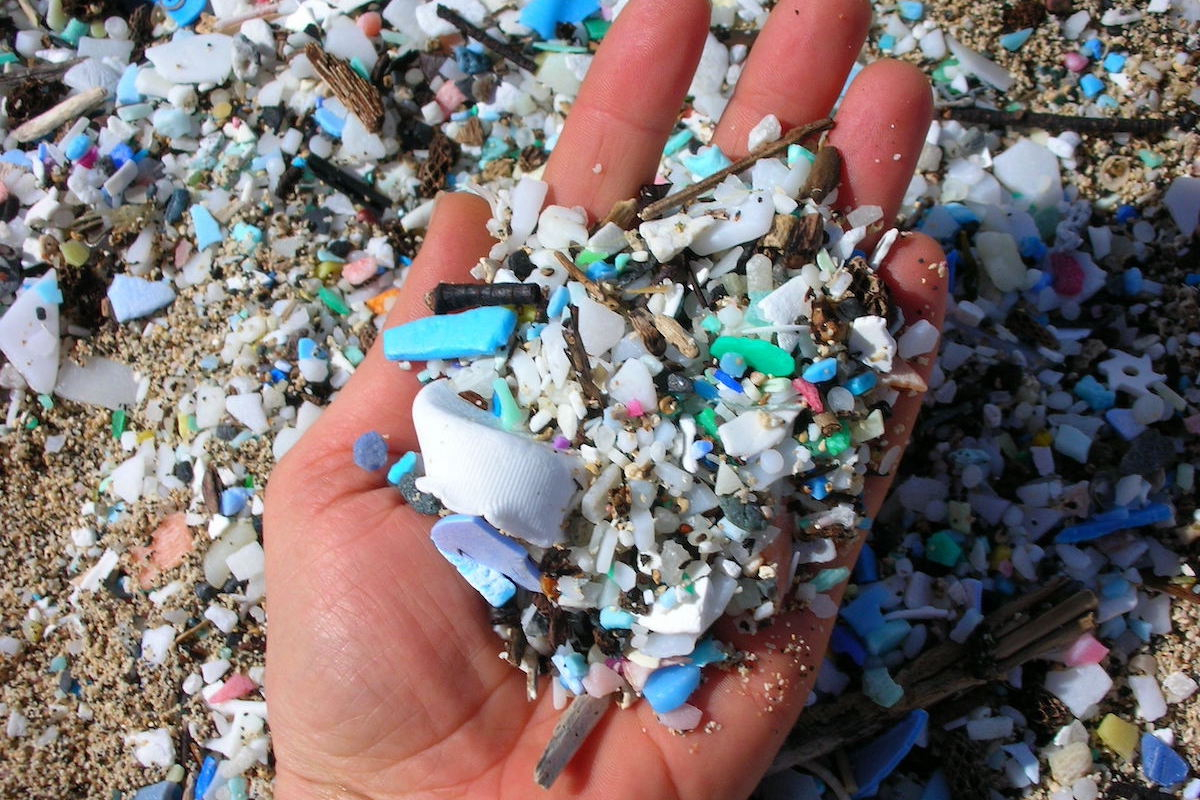
Left: For World Cleanup Day, Greenpeace, community allies and volunteers co-ordinate a cleanup activity and plastic polluter brand audit. Photo by Anthony Poulin / Greenpeace | Right: Plastic waste on a beach. Photo by The 5 Gyres Institute
The indisputable harm to animals is the foundation of the Trudeau government's decision to put plastic on CEPA’s list of toxic substances, says Joe Castrilli, a lawyer with the Canadian Environmental Law Association.
"From a scientific and legal perspective, I think the feds are moving in the right direction.”
Age-old recycling mantra resurfaces
For the plastics industry, however, the new regulations pose a major threat: They open the door to further restrictions on plastic production by the federal government.
That kind of oversight has been largely non-existent since the industry took off almost 70 years ago. Earlier bids in Canada and the U.S. to impose greater regulations to reduce litter and other plastic pollution met with vigorous opposition. By the 1970s, the industry solidified its rebuttal against attempts to curtail plastic production, arguing any problems associated with plastic waste can be solved by recycling.
That mantra still thrives.
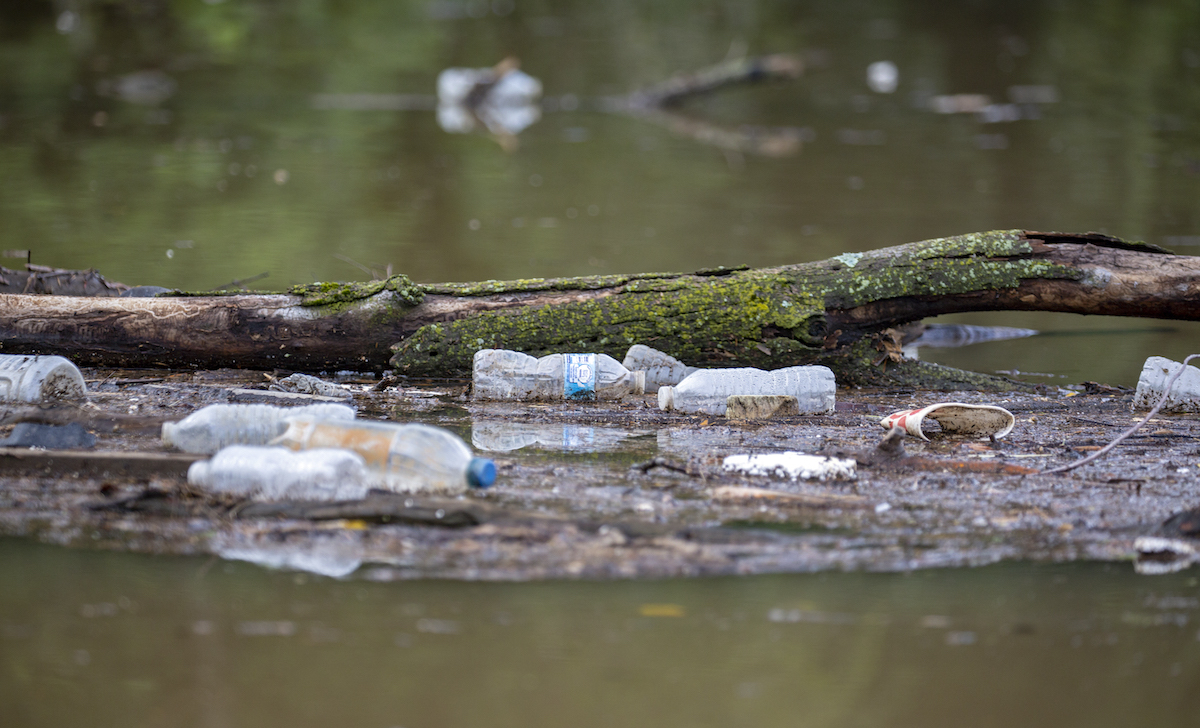
“We believe that it’s not the use of plastics that’s the issue, it’s the end-of-life management,” says Elena Mantagaris, vice-president for the plastics division of the Chemistry Industry Association of Canada (CIAC). The organization represents over 100 plastic manufacturers and is the main industry representative in Ottawa.
Federal lobbying records show that paid representatives from the organization met with federal officials, including several senior officials at Environment and Climate Change Canada (ECCC), at least 50 times in the past six months. (Unpaid lobbying is not recorded in the federal registry, making it difficult to know its extent.) The records only offer an overview of the dozens of issues the CIAC has lobbied the government on, making it difficult to know if all these meetings were about the planned plastics regulations.
Several plastic and petrochemical companies, some of them CIAC members, are also listed as having separately lobbied federal officials on this issue several times in the same period. They include Imperial Oil, Dow Chemical Canada Inc. and NOVA Chemicals. None replied to requests for comment.
As the go-to spokesperson, Mantagaris says, first and foremost, the plastics industry is determined to keep plastics off CEPA’s toxic schedule. Labelling plastics as toxic is misguided and will cause unfair "reputational damage" to the sector, she says.
Conservative environment critic Dan Albas went even further, saying in a statement the "ideological" regulations are "irresponsible and will hurt Canadians."
And while Mantagaris acknowledges too much plastic ends up in landfills and the environment, she argues the plastics industry is not to blame. The problems arise from poorly designed and underfunded municipal waste management systems, she adds.
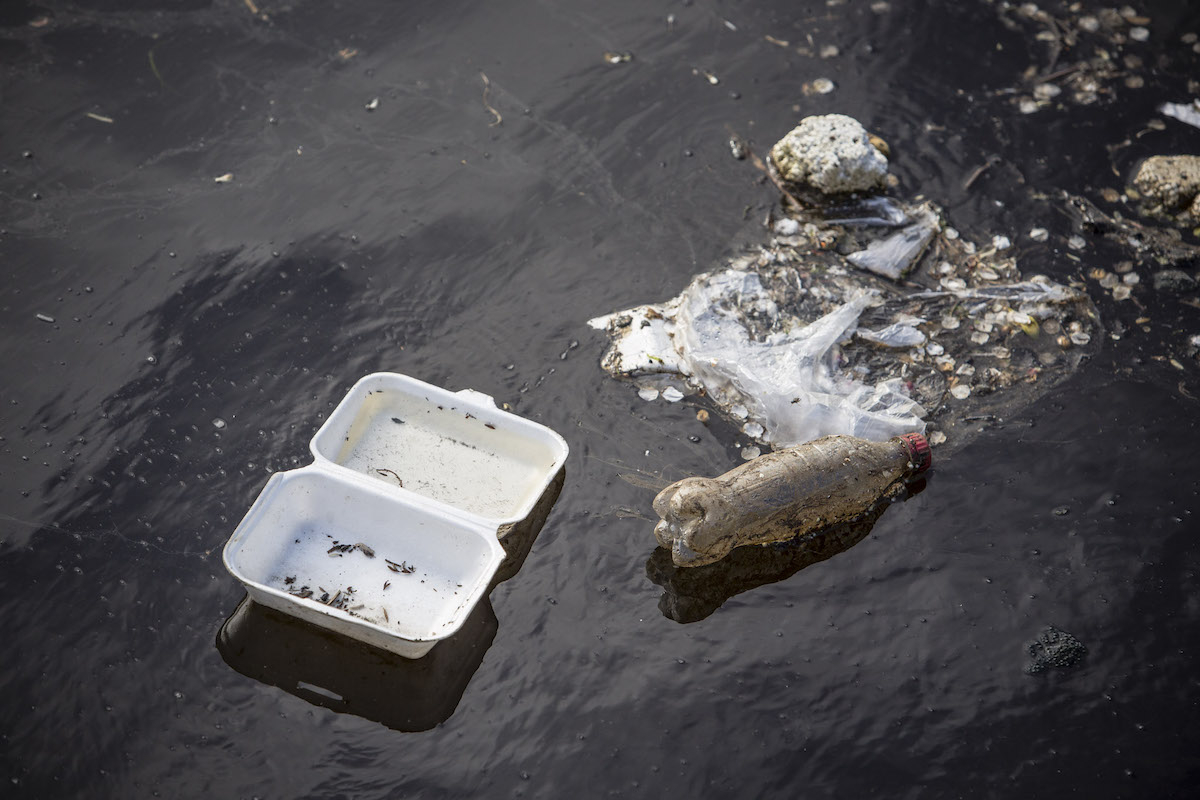
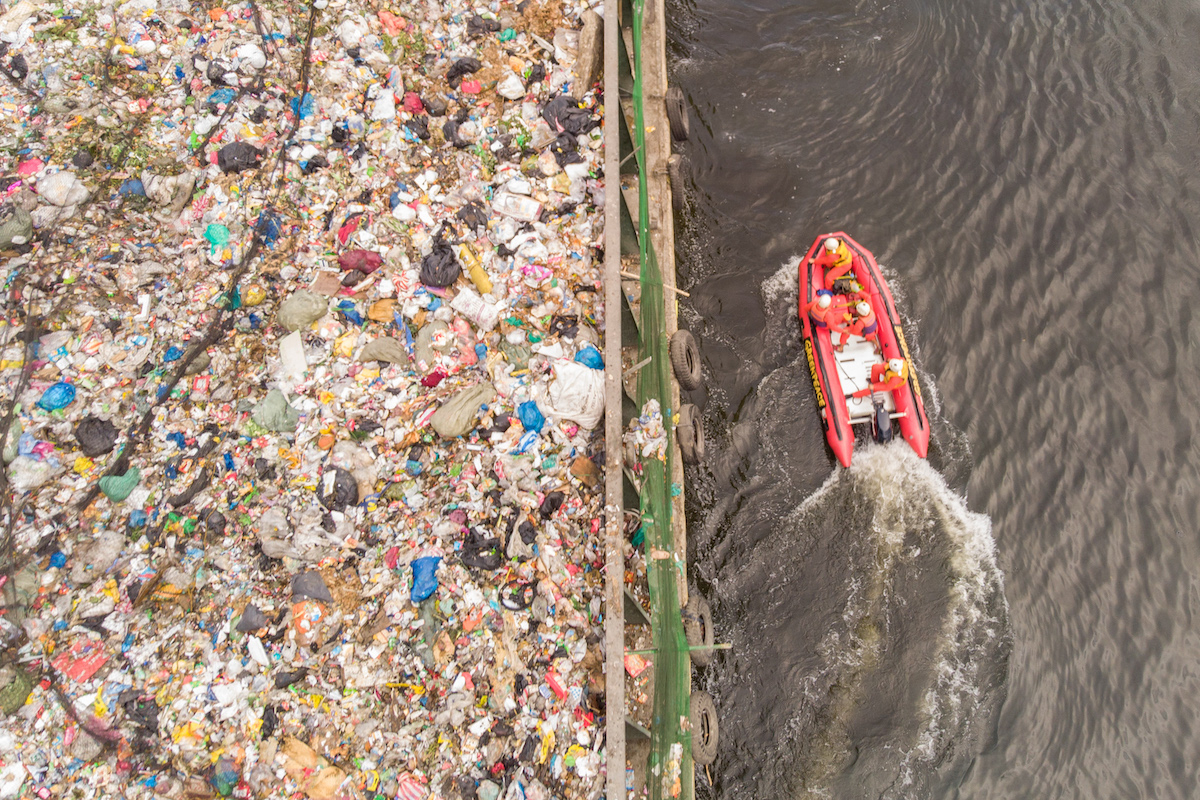
Left: Plastic bottles and other rubbish floating in Leith Docks, Scotland. Photo by Will Rose / Greenpeace | Right: Greenpeace activists stage a protest alongside a barge carrying tons of plastic waste through Manila Bay, Philippines. Photo by Arnaud Vittet / Greenpeace
The plastics industry believes the federal government should take a “leadership role” in helping provinces develop extended producer responsibility (EPR) policies. This would make producers pay for and manage plastic recycling programs and set recycled content standards for plastics sold in Canada. Both requests are already part of the government’s proposed plan.
Environmental groups argue those measures alone are unlikely to successfully manage the plastic crisis.
For instance, since 2014, B.C. has had Canada’s most advanced EPR system and plastic recycling facilities. Yet in 2019, less than half of the plastic packaging used in the province was recycled. Researchers at Memorial University have also noted the program's implementation did little to reduce the amount of plastic waste washing up on the province's beaches.
Where plastics and food security meet
The plastics industry is not alone in its lobbying efforts. Canada’s food and restaurant industries are also concerned about applying the CEPA toxic label to plastics, which are key to their industry’s food safety and delivery systems. In a December submission to ECCC, Restaurants Canada, an organization representing over 30,000 Canadian restaurants and food service companies, argued that CEPA “is not the right policy tool” to deal with plastic’s environmental impacts.
The organization fears the toxic label will scare customers away from plastic containers and could be used by "the anti-plastics movement" to mobilize against plastic containers. That could be devastating, the document notes, as the pandemic has exposed a "critical need for single-use items."
Packaging, including food packaging, accounts for about 33 per cent of Canada’s plastic waste, according to a 2019 study commissioned by ECCC. Restaurants Canada says it would prefer a "whole-of-society approach" to help food service providers reduce plastic use without compromising food safety, quality and price, said Mark von Schellwitz, the organization's vice-president for Western Canada.
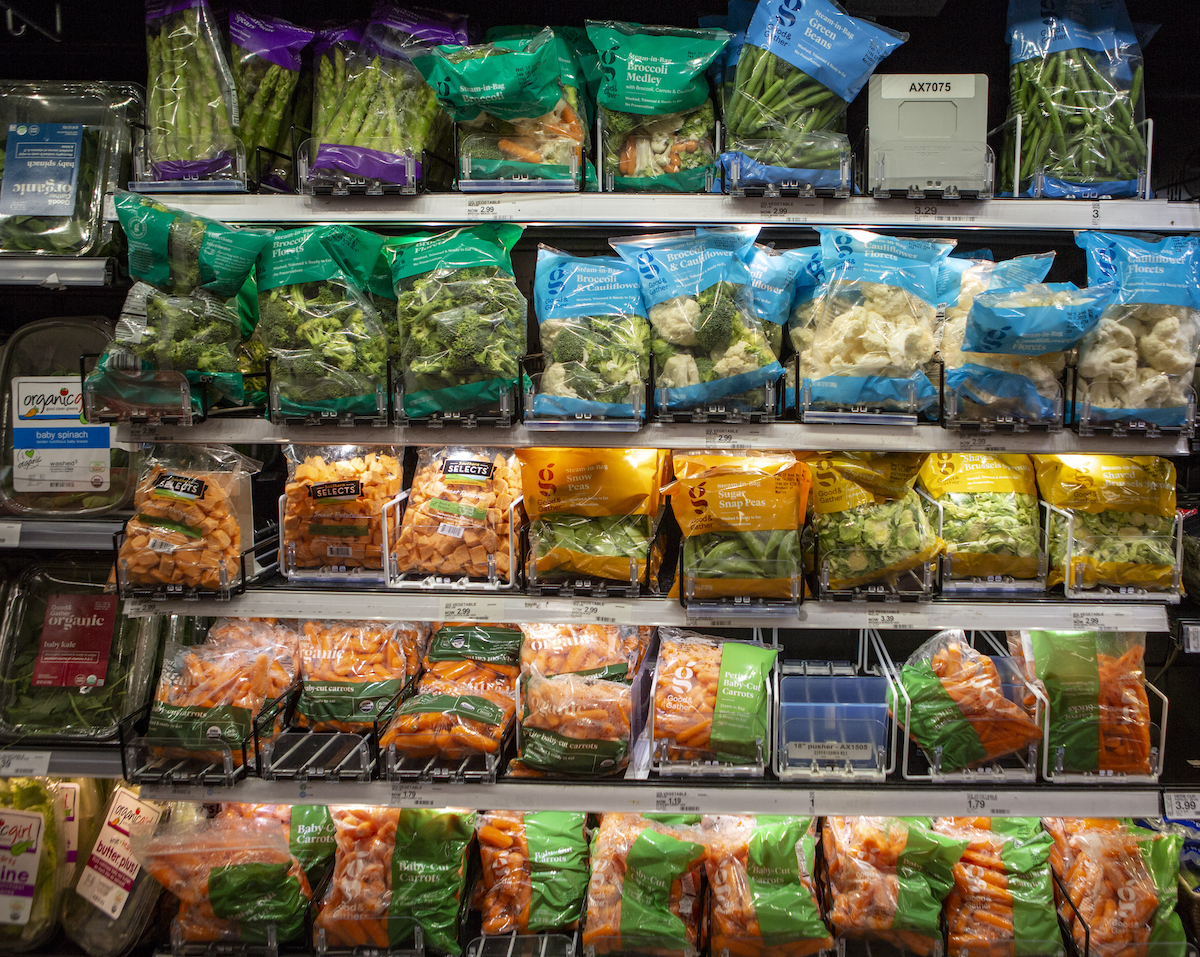
Similar concerns are being raised by the Baking Association of Canada, an organization representing Canada’s more than $8-billion baking industry. It has asked that regulations related to food packaging undergo separate consultations, according to CEO Paul Hetherington.
And in January 2021, a coalition of conservationists, government, and some of the world's largest food and beverage producers like Nestlé and Unilever announced they were creating a Canada Plastics Pact. The unenforceable agreement marks a pledge by the companies to improve their packaging's recyclability.
Environmental groups have undertaken intense lobbying efforts of their own. Greenpeace Canada, the David Suzuki Foundation and Ecojustice lobbyists have met dozens of times with senior federal officials about plastics and other issues.
They are focused on reducing overall plastic use and production and support initiatives that would reduce Canadians’ need for plastic. These efforts range from helping remote communities source more food locally, reducing their need for heavily packaged food, to improving public transit so Canadians need fewer cars, which contain plastic components. It’s a diametrically opposite approach from the industry push to improve recycling systems without reducing overall plastic use.
Plastics and petrochemicals
At least one province has also weighed in on the debate over the federal government’s plan.
In March 2020, Alberta Environment Minister Jason Nixon wrote to his federal counterpart, Jonathan Wilkinson, warning that the Liberals’ plan would send a “chilling message” to international investors in the province’s petrochemical industry.
Alberta is banking on plastics manufacturing and recycling to revive its economy after the pandemic ends. It aims to attract roughly $30 billion worth of investments in the sector by 2030, says Mark Plamondon, executive director of Alberta's Industrial Heartland Association, an Edmonton-area economic development organization.
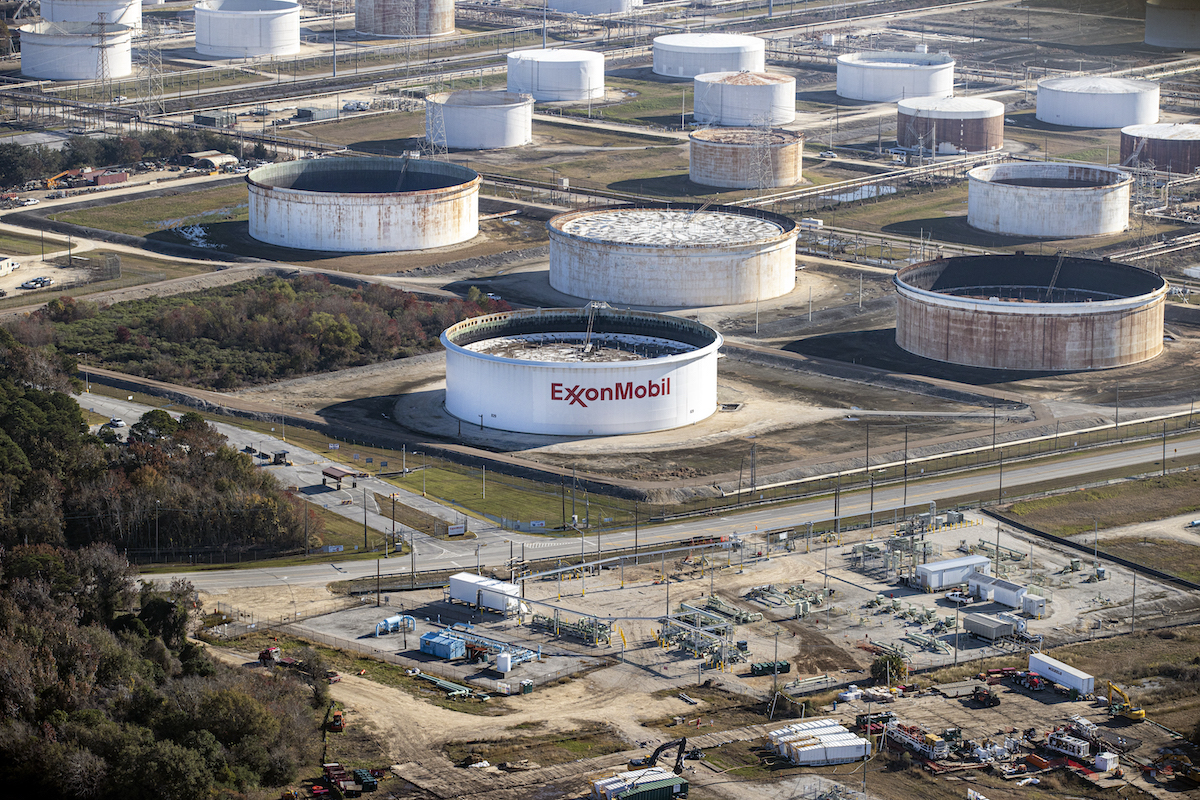
“The largest concern from an investment attraction standpoint is putting plastics on Schedule 1 (because) this implies that Canada views plastic as toxic,” he said.
“With large-scale foreign investors, when they see that … it makes them very concerned, or at minimum uncertain, about what the future holds with respect to the regulatory environment.”
Wilkinson, the federal environment minister, declined a request for an interview while regulations are being drafted. Canada’s proposed plastic regulations are currently in development following an initial round of public consultations that ended in December. And while a date hasn’t been announced for the publication of a draft regulation, the government has promised to ban some single-use plastics as early as this year.
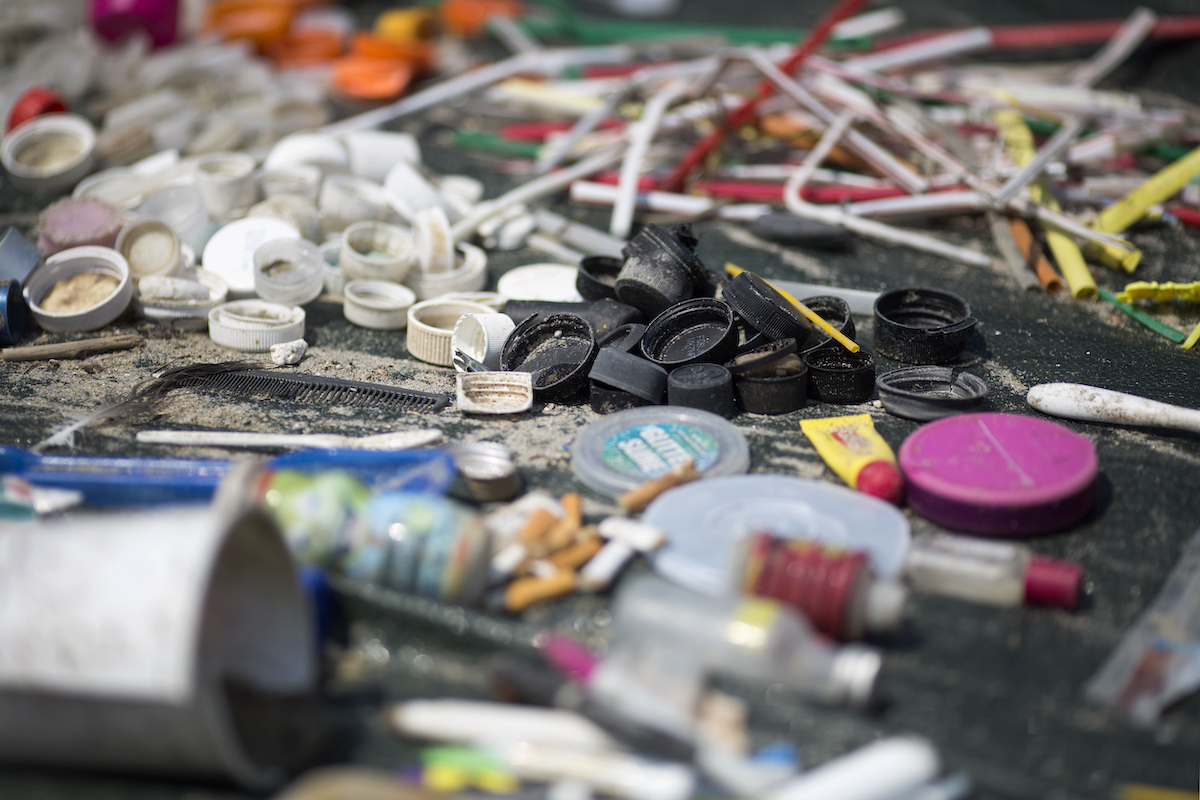
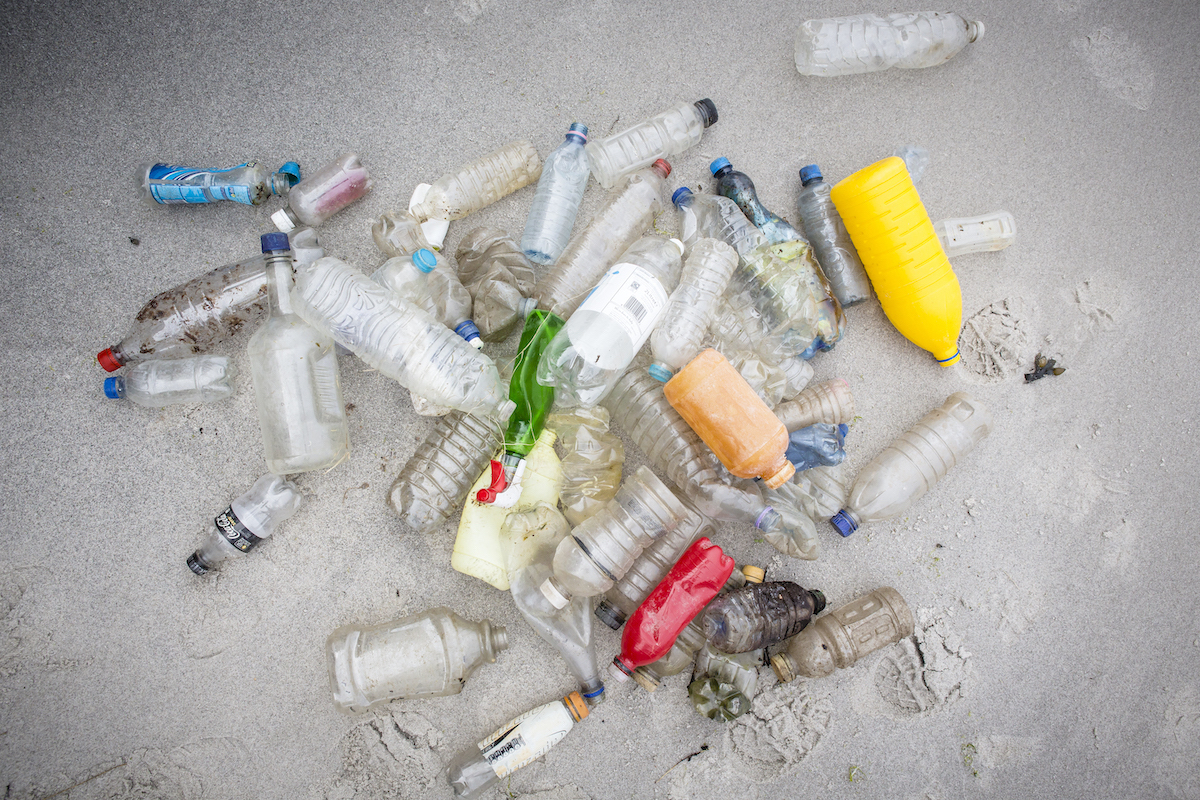
Left: Plastic litter is sorted during a beach cleanup and brand audit on Juniper Beach in Long Beach, Calif. Photo by David McNew / Greenpeace | Right: Plastic bottles found on the beach in Eigg, Scotland. Photo by Will Rose / Greenpeace
Concern for the petrochemical industry shouldn't drive the government's regulations, says Laurel Collins, federal NDP environment critic.
"When it comes to big industries, especially the companies that are producing plastic, we need to take a strong stand and make sure there is accountability (for their pollution)," she said.
Adequate support is needed, however, to help countless small businesses that depend on single-use plastics to weather the pandemic and help Canadians reduce their overall plastic consumption, Collins added.
We are open to a conversation. But the fundamental issue around pollution remains, and we need to address it.
Environment Minister Jonathan Wilkinson
So far, the Trudeau government seems to be sticking with its plans but has indicated it might be open to a change in wording. In October 2020, Wilkinson said if the industries’ main complaint was about the public relations impact of the word “toxic” — and not the plan to regulate plastics — it could possibly be changed.
“What I have said … very clearly is that we are open to a conversation,” he said in an interview at the time. “But the fundamental issue around pollution remains, and we need to address it.”
When asked to clarify, Moira Kelly, Wilkinson's press secretary, said only that the government "will continue to work collaboratively with municipalities, provinces and territories, and other stakeholders to keep plastic in our economy and out of the environment."
Lost in litigation
From a legal standpoint, listing plastic under Schedule 1 of CEPA without calling it toxic would set a dangerous precedent that could undermine Canada’s environmental legislation, said Castrilli, the environmental lawyer. Because toxic has been a key word in the criminal case law supporting this regulatory power, using a different "nomenclature" could confuse the courts and generate unnecessary litigation, he added.
Lawsuits can delay new regulations for years — Toronto, for instance, considered a ban in 2012, but stopped short after being threatened with legal action by the Canadian Plastic Bag Association and Ontario Convenience Stores Association. Large industries sometimes take to the courts to slow or stop regulations that might impact their bottom lines, Castrilli says. The tactic is used extensively by the U.S. plastics industry, says Jennie Romer, legal associate with the Surfrider Foundation and a leading U.S. anti-plastics lawyer.
Ashley Wallis, a veteran plastics campaigner currently with Oceana Canada, says she anticipates the ban on the six single-use items will go through. But she worries the government might back away from elements of the plan that will actually change how much plastic we use and how plastic waste is managed.
"If Canada wants to be seen as an environmental leader, it does need to follow through on what it said it’s going to do. But as always, the devil is in the detail,” Wallis says. “If the only thing they regulate is the ban on six single-use items, that is not nearly what’s needed to address the plastic pollution crisis.”
Paisley Woodward contributed to research for this story.
What's in a name? The Plastic
What's in a name? The Plastic Bag Association? It almost seems laughable to me.
Just another industry lobby.
Just another industry lobby. The smaller they cut the turf, the more of 'em there are to squawk.
Thank you. Looking forward to
Thank you. Looking forward to the further installments. But what's with all these Greenpeace pictures from Scotland and other venues far away? Citizens in many cities do annual cleanup of their rivers and creeks. I bet they have a treasure trove of pics! And then there are the streets littered with Tim Horton cups. Bring it home.
I have asked this question
I have asked this question before and have never received an answer. Where in Canada is any garbage legally and intentionally being dumped into any waterway? As far as I know there is none so how does any sort of Canadian plastics ban help the ocean pollution issue?
This story highlights how a lawsuit was lost for a plastic bag ban but the real highlight is the lack of ability of the BC government to make a decision to support recycling. They shift the responsibility to a much smaller level of Government when it can only really be solved on a Provincial or Federal scale. Large scale recycling with incentives to develop even better options will be the solution. These processes are being developed right now. Implementing producer fees only means higher prices for consumers (us) and will not reduce the amount used. Since the focus seems to be reduced plastics use what is going to be the alternative? Not one mention of an alternative product that is equally efficient, versatile, reusable or less environmentally damaging.
Is there any other countries that have made plastics a "Toxic" designation? Again how effective will this be? It will only drive the suppliers (and jobs) out of Canada and out of our control. All of the biggest plastic developments come from the plastic manufacturers and the solutions to these problems will be too. We lose all that ability if the industry is driven out. And worst of all, there will not be a reduction of a single pound of plastic in the world.
It is very clear that the agenda here is to stop Oil and Gas production. The focus must be on further development because there is no other product that is more useful, versatile and reusable than plastics. Its use will never go away. The positives of plastics, especially with further developments, by far out weigh the negatives.
The point of all this is yes, there needs to be EFFECTIVE regulation. Kneejerk, media bandwagon inspired regulation is not effective and this current "ban it all" agenda only makes us look foolish and will simply not happen.
Marc
The correct term for Oil and Gas used in Petrochemical processing is Feedstock, not Fossil fuel.
Also, your article implies that the the Canadian Oil and Gas industry and the Petrochemical industry support littering and pollution and that would be an outright lie.
So you're calling for the
So you're calling for the solution to be more and better recycling while ignoring the clear evidence from the article that plastic recycling in its origins and intent was, from the beginning, purely greenwashing rather than problem solving. You also seem very upset about the idea of implying things that might tarnish the good name of the Canadian Oil and Gas and Petrochemical industry. Who exactly do you work for, Mr. Weleschuk?
It is odd, Ray, isn't it.
It is odd, Ray, isn't it. But at best it means that you haven't done it. I'm not sure what the thrust is intended to be behind the word "legally."
Looked at purely rationally, it's kind of a red herring. Irrelevant. Whatever any of us has seen anyone doing, whether legally or not, doesn't change the amount of the crap all over the place.
Now what I'd really like is a requirement that the Poop'n'Scoop populace employ a reuseable container. So they'd take it home, instead of dumping it in my driveway, Or amongst the flowers.
Of course they're not supposed to do that. And it's pretty rude, I think. But I've never seen anyone do it. It's not exactly illegal ... they're *supposed* to be "responsible pet owners" and "good neighbours." Just like ppl are supposed to put the used bags in the recycling or garbage, depending on the kind of plastic.
And yet, there's all that stuff made in Canada, with Canadian store brands and labels, and it shows up all over. Even on our own shores.
So you might be asking an unanswerable question there.
And in your industry, you can cll it whatever you want to. But there's all kinds of "feedstock," depending on your industry. Anything to do with coal, gas or oil, that winds up being burned, is fossil fuel.
Be content if you can figure out what they mean. That's the purpose of stringing words together, anyway.
Except, I guess, when it isn't.
I blame the education system.
I blame the education system. Back in the day, the person who made the mess cleaned it up. Of course, this has never been the way the laws of life have been experienced by the Petro/Plastics/Agri-Chemicals industries. Their experience has always been that someone else pays, they get a free ticket all the way, and get rewarded for having the balls to demand to be let on such a fairy-tale, pot-of-gold-at-rainbow's-end sort of existence.
Their hue and cry seems to be that all that stuff should be recycled. So they have their work cut out for them: the message they somehow or other seem unable to generate for themselves is that the industry that's profited from the mess should "hop to it, boys." That, too, is part of leaving the campsite in at least as good condition as you found it.
I've been recycling and choosing products that are better for the earh, and its inhabitants, since the late 60s.
I'll be using plastic bags for a long time into the future, yet. Because every single one is used several times over before it becomes part of the contents of the recycling bin.
Cities need to be allowed to ban from sale in their jurisdictions all kinds of containers that there is no domestic recycling program available.
It's hugely frustrating to have to choose between the healthier-for-me-and-the-earth products, and the least-damaging packaging. Here in Toronto, there are many kinds of otherwise recyclable packaging that the sorting process at the city cannot handle. Ironically, they can handle tetra-pak boxes, layered plastic, cardboard, metal and again plastic ... but can't handle otherwise recyclable kinds of plastic because they have metallic coloring in them ... or any kind of black plastic containers (which are the best kind of, say, plant pots, to reuse: it's hard to make a collection of black pots look bad) -- because the sorting belt is black, and the sorting equipment can't "see" black plastic. Seriously.
Over time, what my city will "take" into its recycling has become very fussy, with the result that till I start baking my own bean chips, FI, the bags from my Beanitos will go into garbage.
Plastic shopping bags, responsibly reused, aren't the worst of the worst of the worst. I can't tell you how many childhood mishaps there were with a package of meat leaked, or condensation on the ice-cream box built up against the paper shopping bag ... leaving apples rolling over the road ...

Comments